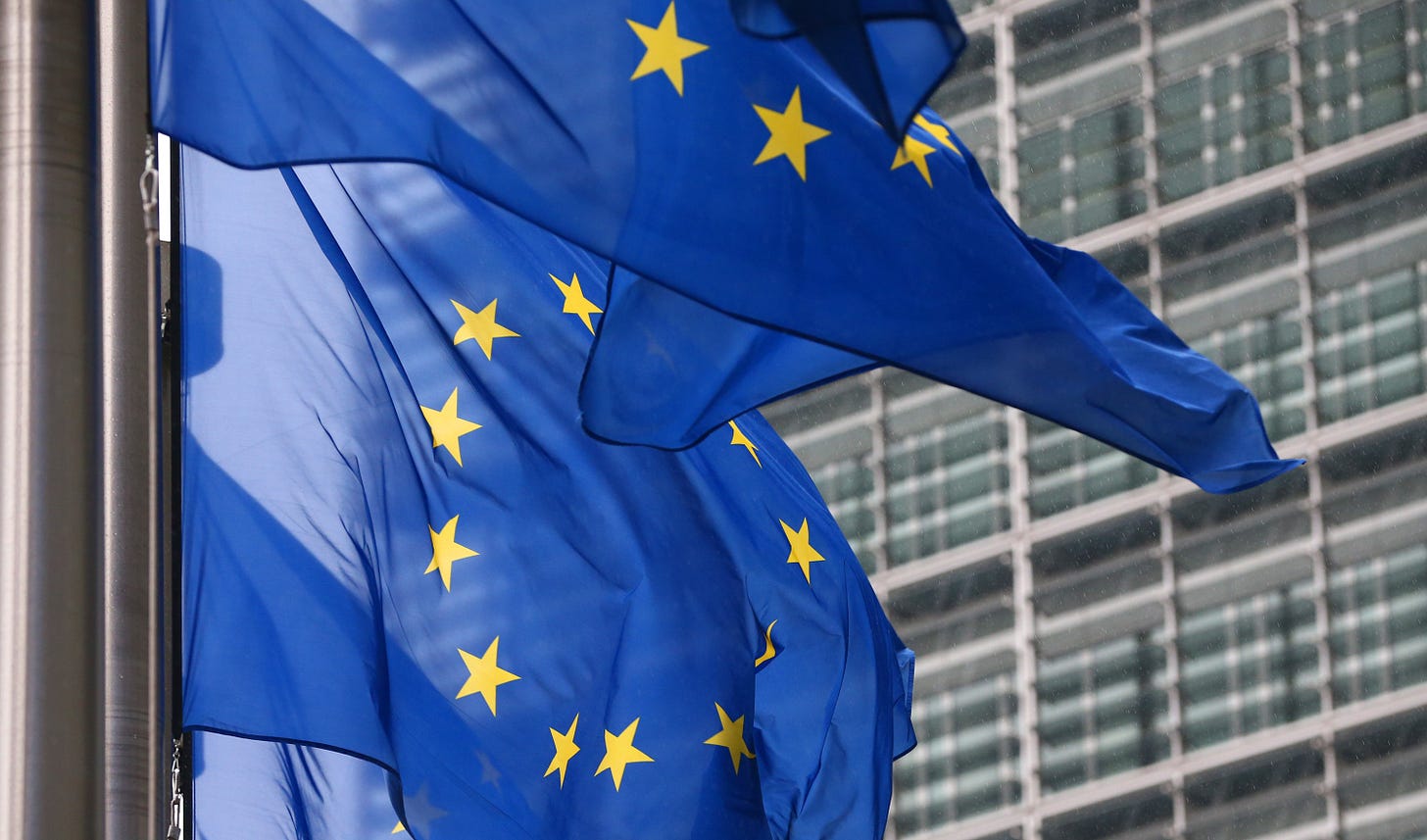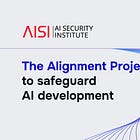Hiring struggles are plaguing the EU AI Office
Key leadership roles, including a head of the AI Office safety unit, have yet to be hired

The European Union is meant to be at the cutting-edge of global artificial intelligence regulation. But low pay, slow hiring processes and pressure to ensure representation from member states has left it struggling to build the team it needs, with the EU AI Office hobbled by the bloc’s bureaucracy.
As the “center of AI expertise across the EU” with a key role in implementing the AI Act, the European Commission’s AI Office is at the heart of the most comprehensive attempt to regulate AI so far by a major political power.
The office has well over 100 responsibilities, ranging from ensuring technical and safety compliance with the standard-setting Code of Practice, to levying fines of up to 7% of annual worldwide turnover on companies which fail to comply with regulations.
Having launched in 2024, it currently has more than 125 staff members, and says it is planning to recruit another 35 people by the end of the year. In two rounds of hiring in March and July last year, the Commission also recruited 27 “technology specialists” for the office.
It has also been successful in attracting some top technical talent, especially for its AI Safety unit. Researcher Jan Brauner from the University of Oxford and RAND was the first staff member of the unit, while Simon Möller joined from Google and Friederike Grosse-Holz from the UK’s AI Security Institute.
However, key leadership roles, including a head of the safety unit and a lead scientific advisor for the office, have yet to be hired. The application deadline for the scientific advisor role — who will evaluate general purpose AI models — passed in December last year.
Recent job postings for the office show salaries between $55,000 and $120,000, and hires will receive a boost from the minimal tax obligations placed on EU staff. That’s a decent salary in academia, but nothing compared to what the frontier AI firms pay. Technical workers at top AI companies can easily earn compensation packages worth seven figures, and in some cases hundreds of millions of dollars.
“In any member state of the EU and in almost any other sector, the salaries being offered would be considered to be good salaries,” said MEP Michael McNamara, a European legislator from Ireland who has played a key role in the AI Act. “However, relative to the salaries being commanded by those with expertise in AI… they don’t compete.”
András Baneth, a public affairs consultant and expert on staffing at the EU, said rigid pay scales mean there is little flexibility to lure talent from the private-sector. In contrast, the UK’s Artificial Intelligence Security Institute has been able to pay above typical civil service positions.
The hiring process is also slow due to the bloc’s internal bureaucracy, taking several months. That’s led to potential hires taking other jobs while they wait for their applications to progress, according to Risto Uuk, the head of EU policy and research at the Future of Life Institute in Brussels, which works to decrease risks from transformative technologies. (Disclosure: FLI is a donor to the Tarbell Center for AI Journalism, Transformer’s publisher.)
“It is concerning that hiring is taking so long,” said Uuk. “There needs to be more staff to carry out these tasks and meet the deadlines under the law.”
All members of the Commission, and thus the AI office, are required to be European citizens, and there's also pressure to ensure a balance between all 27 EU nationalities. That has further slowed the office’s hiring process and shrunk the pool of talent to choose from.
“I don’t think there is any hard-coded requirement to have this distribution,” said Baneth. “What’s much more likely is that there is an implicit political desire to have a diverse perspective within the staff.”
A lack of technical AI experts from Europe makes the challenge even tougher, said Siddhi Pal, a senior policy researcher for AI at Interface, a European think tank focused on technology.
“Even if there was a capacity to hire more people, the pool of European nationality AI talent is very small,” she said.
Pal said in-demand European AI experts often moved to the United States for higher pay, or chose to be based in AI hubs in Europe such as London, Paris, Cambridge, Amsterdam, or Barcelona — not Brussels.
“The particular challenge here is the very niche expertise and profile needed for these jobs,” added Baneth. “It takes time and effort to find these individuals, let alone those who are willing to come to Brussels and also have European citizenship.”
Across the channel
In contrast, the UK’s AISI boasts that it has the “largest team in a government dedicated to understanding AI capabilities and risks in the world,” and has quickly increased capacity since its launch in 2023. As of August 2025 AISI said it employed around 250 people, about 90 of whom are technical staff. Top hires include Geoffrey Irving, who left DeepMind to join AISI, and Jade Leung, who worked at OpenAI and now advises Prime Minister Keir Starmer on AI.
However, while the EU AI Office already has a specific law to implement, there is not yet equivalent UK legislation, raising the question of why AISI has been able to hire so much faster.
“A lot of those people at AISI may be focusing entirely on advanced AI models, and they are not even part of a regulatory environment,” said Uuk. “It’s hard to understand why the EU AI Office is much less ambitious.”
One reason could be the difference between the EU and UK’s position on hiring those from overseas. AISI explicitly advertises that “For many technical roles, we are able to work with nearly all nationalities.” Another is that AISI was deliberately set up in a way that freed it from much of Westminster’s bureaucracy, allowing it to act like “great startups within government,” Ian Hogarth, the chair of AISI, told Transformer.
There’s also a large funding gap between the two organizations. AISI began with £100m ($135m), over double the EU AI Office’s €46.5m ($55m), according to figures from the Center for Future Generations. At least two members of the EU AI Office have moved to AISI this year, according to public LinkedIn posts.
Urgency
The need to increase staffing at the AI Office has become even more critical in recent weeks. The EU’s Code of Practice and rules on general purpose AI models went into effect on August 2, setting a new global safety standard.
Even an office of 160 total staff may be too small. MEP Axel Voss argued in December that the critical AI compliance and safety units alone should have at least 200 staff, far more than proposed by the Commission.
Uuk said that there was additional urgency because frontier AI developers have already expressed interest in using the EU’s Code of Practice as a regulatory baseline for AI worldwide. As of mid-September, 27 AI companies had signed the code, including top firms such as OpenAI, Google, and Anthropic. If the frameworks are to be credible internationally, he said, they need to be high quality and built by top experts in the field. Compliance with the Code of Practice will also require ongoing dialogue between regulators and the frontier AI companies.
“AI is newer, more fluid, and its impact on the world is harder to observe directly,” said Harry Law, a researcher at the University of Cambridge and the Cosmos Institute who previously worked at DeepMind. “To design rules that apply pressure in the right places — for example, setting compute thresholds or specifying auditability — you need people who understand the ins-and-outs of model training and deployment.”
The AI regulator with the most power and biggest challenge is struggling to hire those people.




